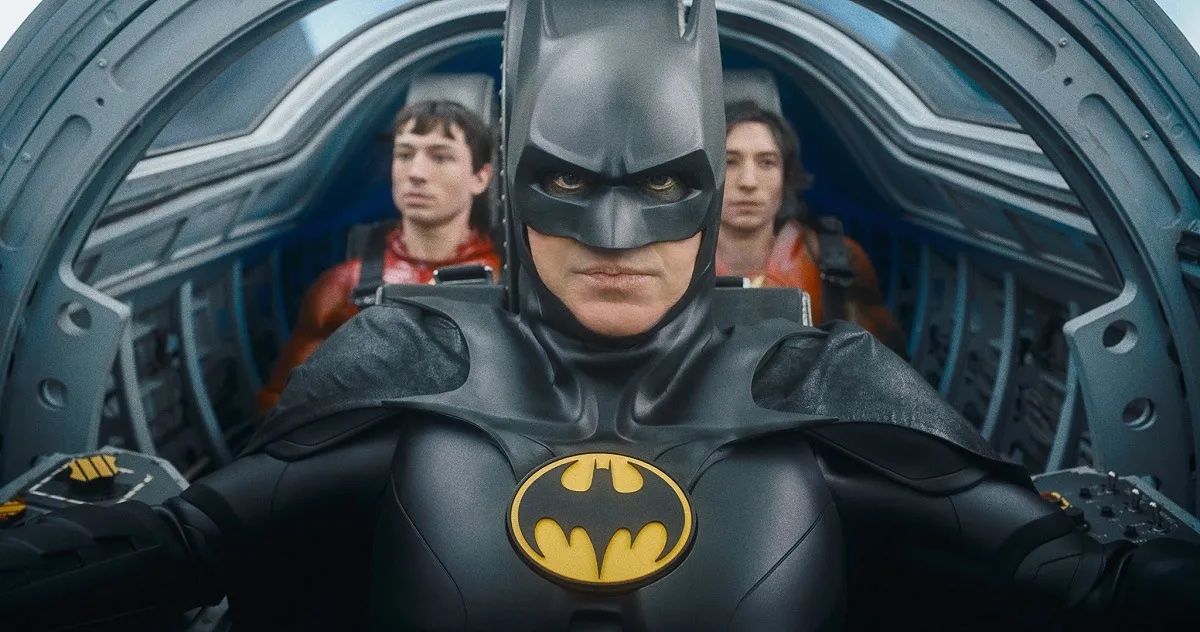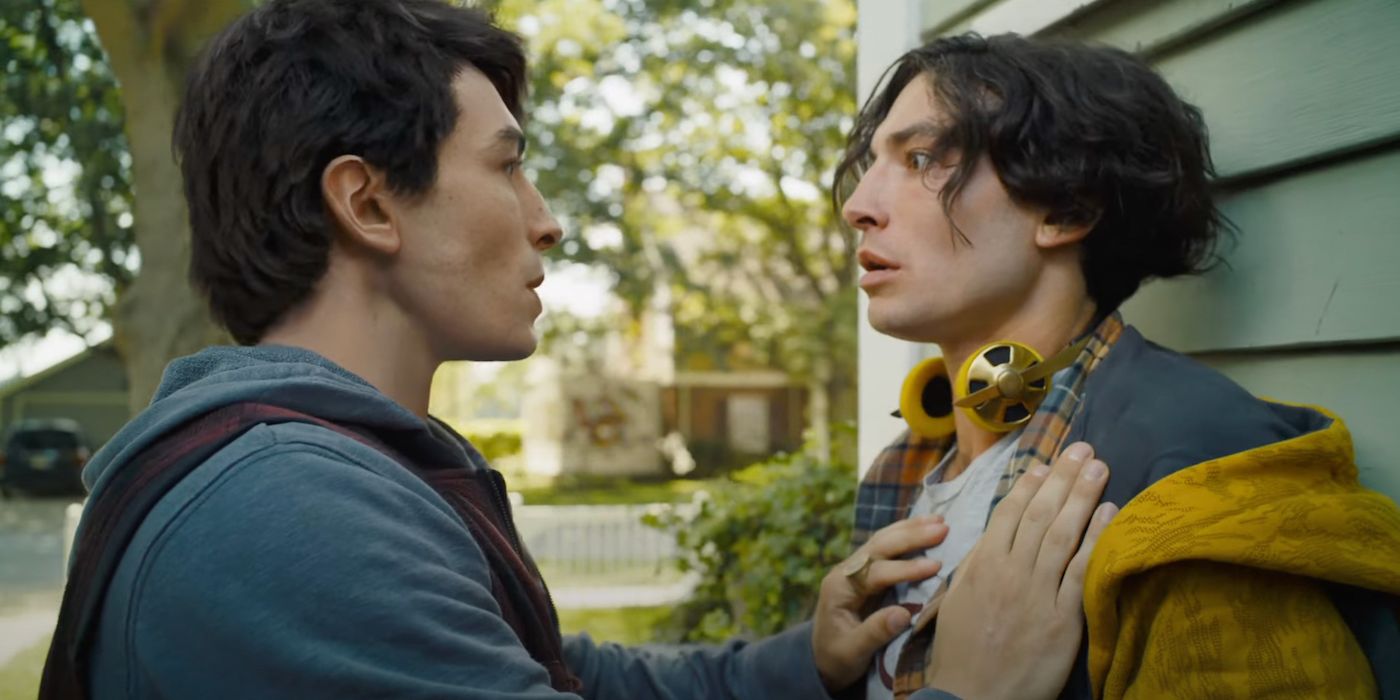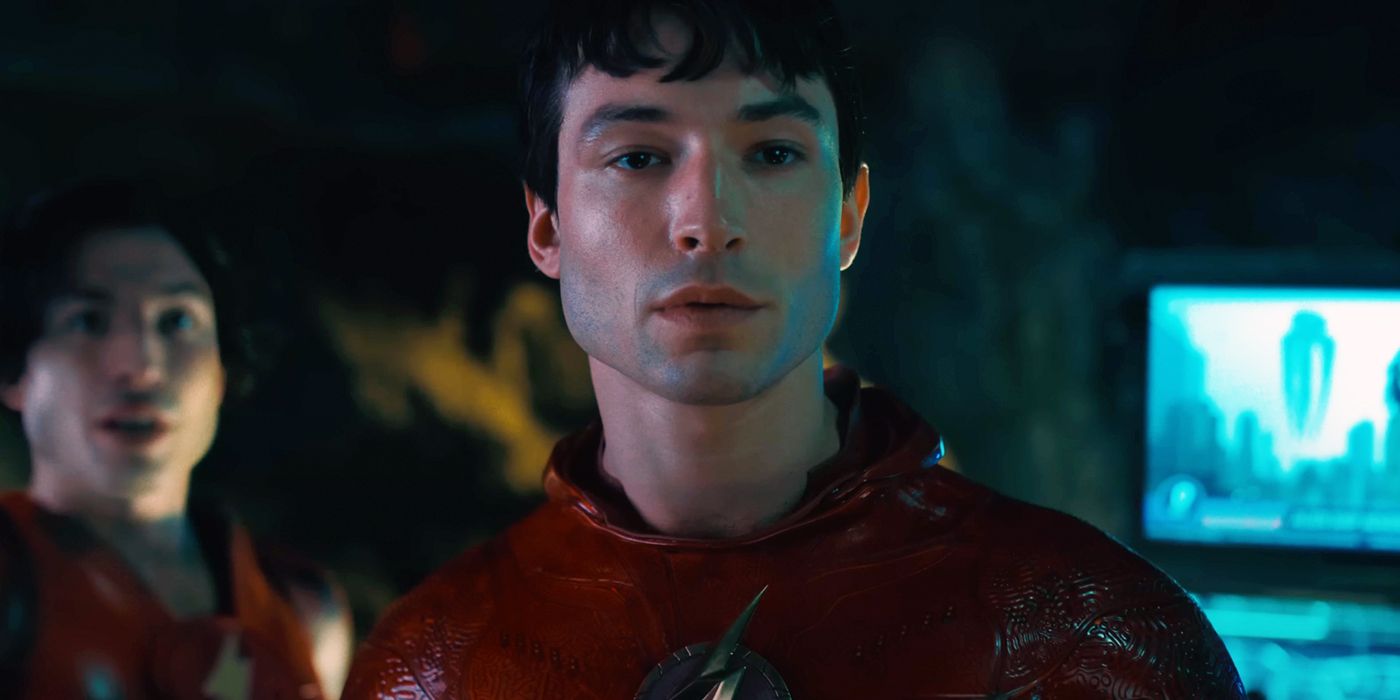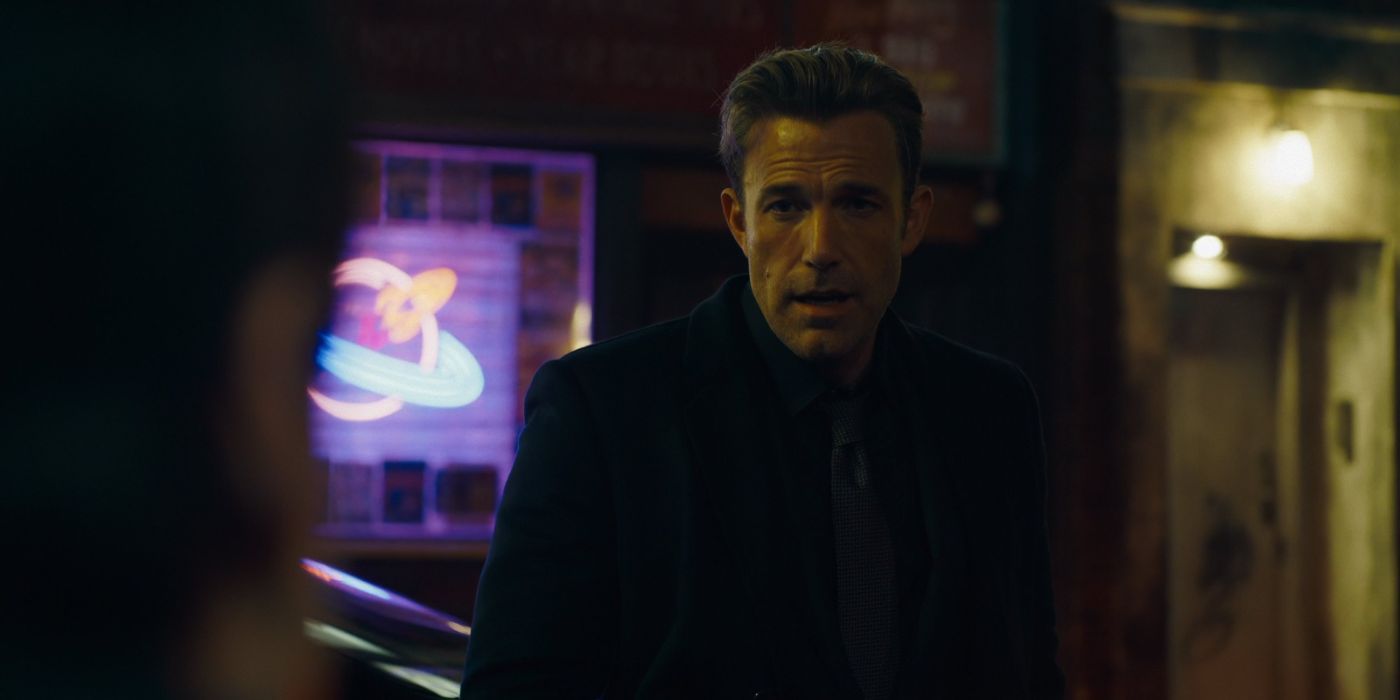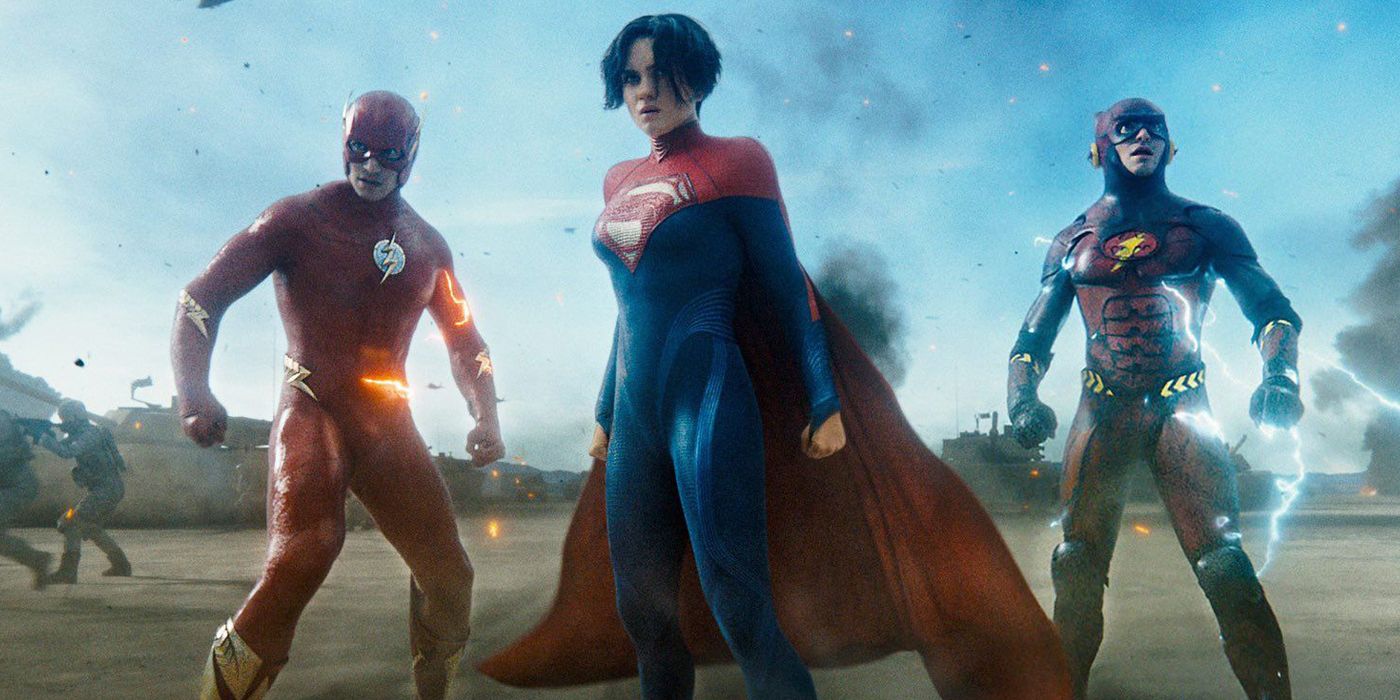Over the last few years, movie-going audiences have been inundated with multiverses. Spider-Man: Across the Spider-Verse is currently making a dent at the box office, following up on the also-excellent Into the Spider-Verse, Marvel has been playing with the possibilities of multiple timelines for years now, and Everything Everywhere All at Once won the Best Picture Oscar earlier this year. Not only is the multiverse as a storytelling tool a way for characters that seemingly could never meet to finally come together, but it’s also a way to indulge in extreme fan service—which can be a good or a bad thing.
What Is 'The Flash' About?
The Flash, which has been in some form of development since the 1980s, is DC’s first major dip into the multiverse, and with the company’s long history of superhero projects, there are plenty of opportunities to dive into the past decades of beloved characters, heroes, and the stories that could’ve been. But The Flash isn’t just a multiverse story, it’s also a time-travel story. Based on the Flashpoint comic book storyline, The Flash’s story has Barry Allen/The Flash (Ezra Miller) not only experiencing another timeline, but going back in time to do so. While The Flash is quite enjoyable as a multiverse story, the film’s biggest issues come from this time travel aspect, which sets up its own rules and then disregards them when it’s convenient.
The Flash finds Barry Allen as the self-proclaimed “janitor of the Justice League,” cleaning up the smaller messes while the other heroes handle the bad guys. In the opening scene, Allen’s The Flash has to rescue a maternity ward full of babies from falling out of a building, while Batman (Ben Affleck) chases after the true villains, in a scene that can’t help but remind of Christopher Nolan’s Batman films—with Affleck riding a motorcycle reminiscent of that trilogy. But more important to him than his superhero duties is Barry’s desire to get his dad Henry (Ron Livingston) out of prison for the murder of Barry’s mother Nora (Maribel Verdú) when Barry was a child. Despite the help of Bruce Wayne with some security footage, it looks as though Henry is still going to remain behind bars for a crime he didn’t commit.
But one night, Barry realizes he can run fast enough to actually go back in time, and if he can’t help his dad in the present, maybe he can go back and stop his mom’s death altogether? Despite Bruce saying that any changes in the past could have massive implications on the future, Barry wants his family back together and goes back to save his mom. While he is able to reunite his family, his choice has a huge impact on this reality, as he meets that timeline’s Barry, has to ensure that this alt-version also goes through the same incident that turned him into The Flash, and deal with the threat of General Zod (Michael Shannon) on this world.
For DC, who has had a shaky reputation in recent years with the DCU, the multiverse is kind of a perfect idea for this company that has been putting out live-action superhero stories since the 1950s. There’s a rich history of beloved characters and even more comic iterations to explore, which is what The Flash does so well. In the multiverse that Barry finds himself in, Bruce Wayne is not played by Affleck, but instead, heralds the return of Michael Keaton as Batman. In this world, Batman has cleaned up Gotham, and now, Bruce is bearded and living in a messy mansion without the assistance of Alfred. It’s great to see Keaton return in this role, and he seems to be having a ton of fun revisiting the cape and cowl, and director Andy Muschietti—like with the opening’s homage to Nolan—does his best to make this version of Wayne Manor feel like it’s straight out of Tim Burton’s films. Keaton works as a mentor to both Barrys, and caps off his time as The Caped Crusader in a way that is a satisfying, welcome return for the character.
The Flash also has quite a bit of fun playing with these alternate-universe possibilities. In addition to Keaton, Miller is also quite excellent as the dual Barrys, bringing a sense of humor to this role while never undercutting the emotional stakes at hand in terms of trying to save his family. The Flash also introduces us to Supergirl, played by Sasha Calle, who has been trapped in a prison for years and shows her fury at the human race in a way that makes sense for this character. It was understandable for people to be mad about the DCU’s handling of Superman’s anger in the past, but with Supergirl, this rage is a practical reaction to this character’s experiences. Calle plays Supergirl as her own thing, not tied to the mannerisms or behavior of Superman, which makes her a character that feels both familiar and unique.
'The Flash' Is Best in the Smaller Moments
The Flash also does a nice job of exploring the mentorship within this universe. Affleck and Keaton both handle Barry(s) in their own ways, and with their shared loss of family, this connection is inherently touching in how it's handled. Similarly, it’s a joy to watch the original Barry teaching the new Barry how to use his newfound powers, and coming to some realizations about himself and his own annoyance. It’s because of these bonds and these characters that The Flash is most interesting when it's a character drama and not a superhero film.
The Flash works best when it’s centered on Allen’s desire to reunite his family, and it’s the character moments that really stand out here. Having two Barrys discuss the possibilities of the multiverse with a dirty Michael Keaton Bruce Wayne is far more interesting than the big, superhero action scenes that have become expected in the third act of DC films. The screenplay by Christina Hodson, with story by John Francis Daley, Jonathan Goldstein, and Joby Harold, is great in the smaller moments and muddled when it becomes a “superhero film.” Because of that, The Flash often feels too stuffed with ideas that not all of them are given justice. Throughout the film, Zod is almost an afterthought, and the final fight—like many DC films—often feels like a kid slamming overly-CGI’ed action figures at each other. This packed story also hurts the smaller moments, as the film also attempts to give Allen a love interest with Kiersey Clemons’ Iris West, a journalist and former classmate of Barry, but there’s just not enough time to make her anything more than just a tool for Barry’s realizations.
Speaking of the film’s CGI and special effects, it’s almost distracting in its quality throughout The Flash. Muschietti attempts to make Barry’s running at high speeds look as cool as it can, but there’s never any weight to it, and it never feels like anything more than an actor running through a world that simply doesn’t exist. And while it’s great to see Keaton back as Batman, the overreliance on special effects in any big fights makes it clear that he was never even close to the set for these moments. But it’s not just when the fights are huge that this becomes apparent as, even in smaller scenes, the falseness of a character being added to a scene they clearly weren’t in is distracting. This is at its most awkward when Barry goes back in time and sees the multiple possibilities, which turns all the opportunities into realities that look like PlayStation 3 characters—not to mention some fairly questionable usage of likenesses.
'The Flash's Exploration of Time Travel Just Doesn't Work
But the biggest flaw in The Flash is how the film explores its time travel. The Flash takes its time to set up the rules, using Back to the Future as a constant and easy reference point (in this alternate timeline, Eric Stoltz played Marty McFly, while Michael J. Fox starred in Footloose), and even utilizing some of that film’s imagery for its own story. Without spoiling The Flash’s ending, the film both wants to have its emotional realizations, while also still giving this character a happy ending in a way that undermines the lesson Barry is supposed to be learning in the first place. In the end, he’s still making the same mistakes, without seemingly realizing that he hasn’t grown in any way. It’s an awkward choice that in many ways damns the story overall—a false hero’s journey that never learns its lesson.
The Flash clearly wants its audience to get caught up in the excitement of multiverse adventures, returning superhero favorites, and fun antics of Barry Allen, to the point that they never consider that the time travel aspects make absolutely no sense, and only hurts the larger story in the way that it’s handled here. Thankfully, those antics are enjoyable and hard not to get excited about, but unfortunately, this isn’t a story that holds together on a narrative level. Cameos and fan service are fine to have, but the story has to be there to back them up, and it’s not quite there with The Flash.
Rating: C+
The Flash comes to theaters on June 16.

